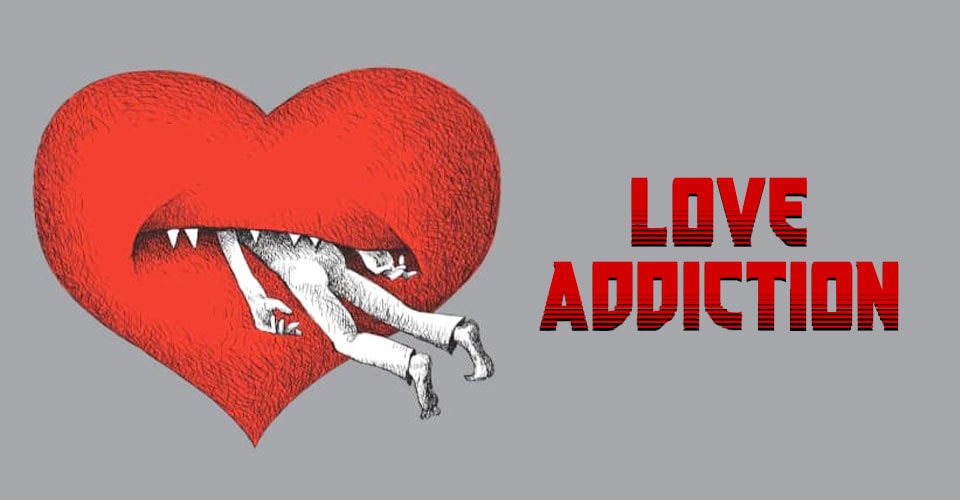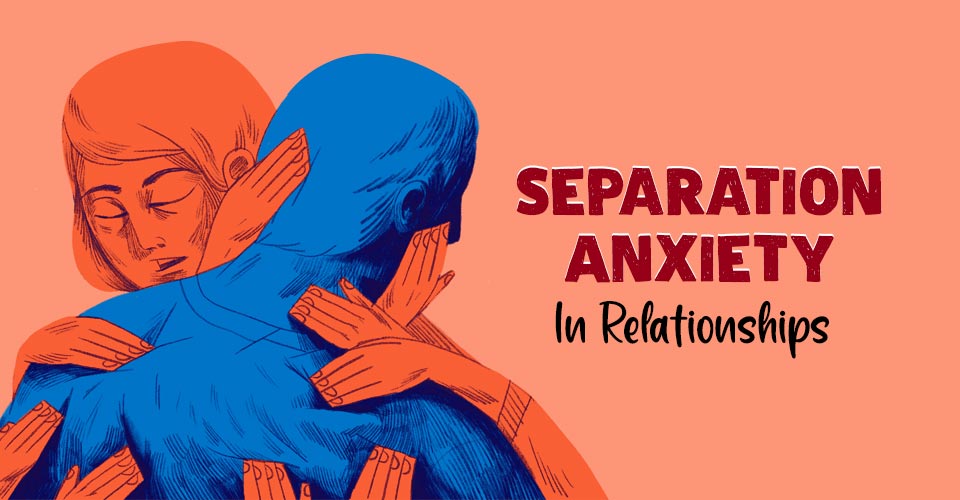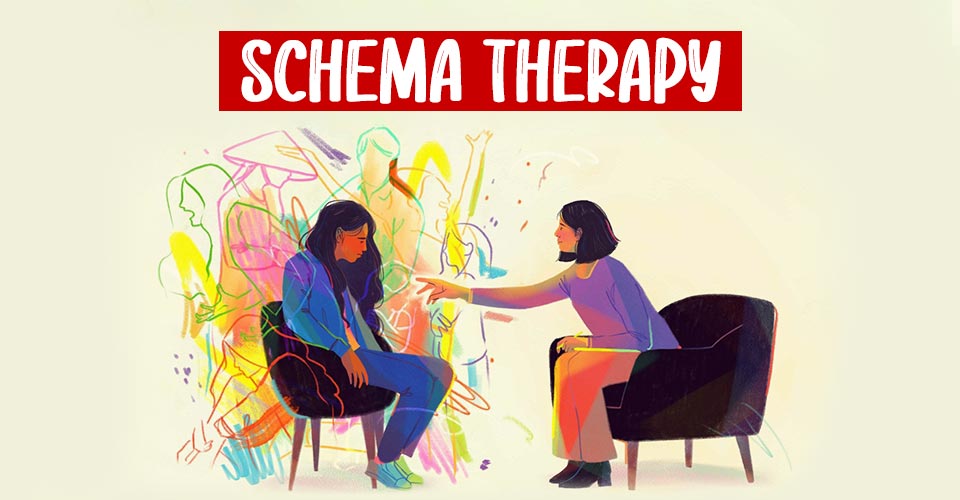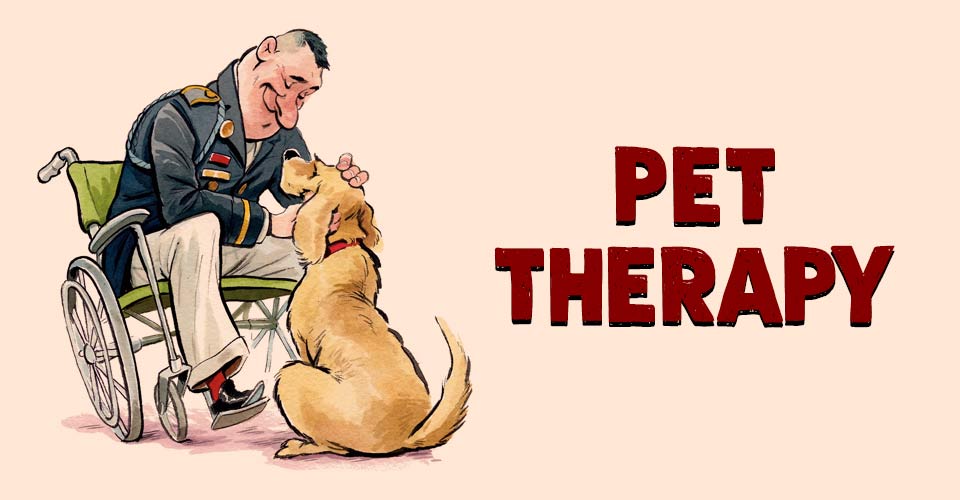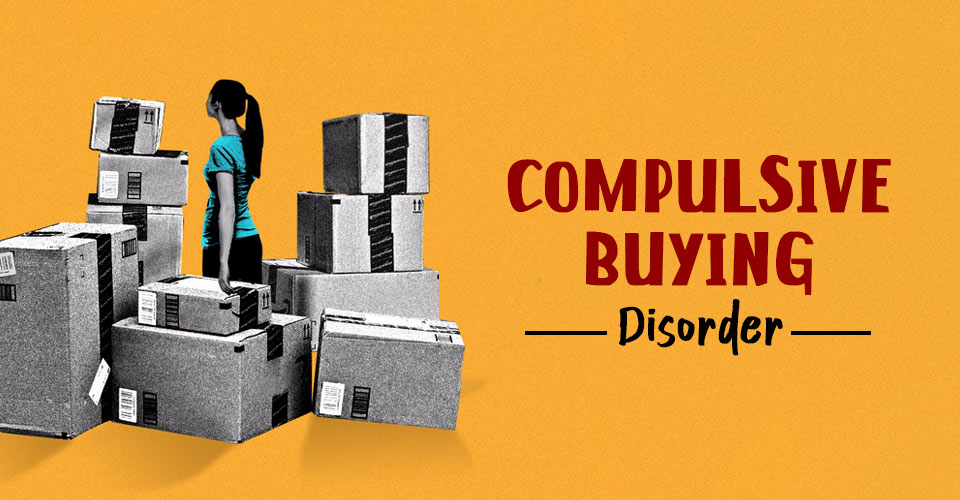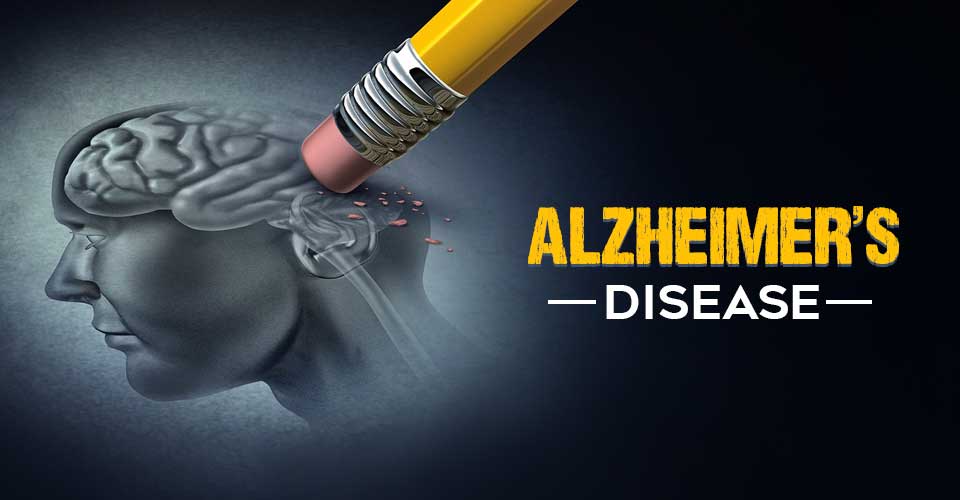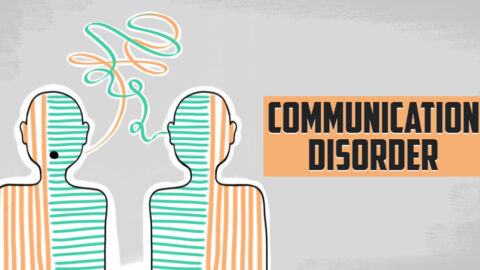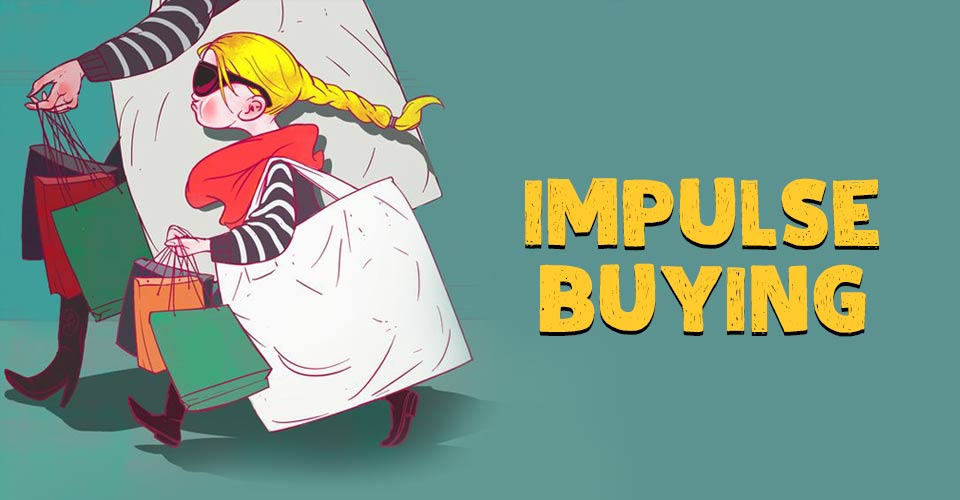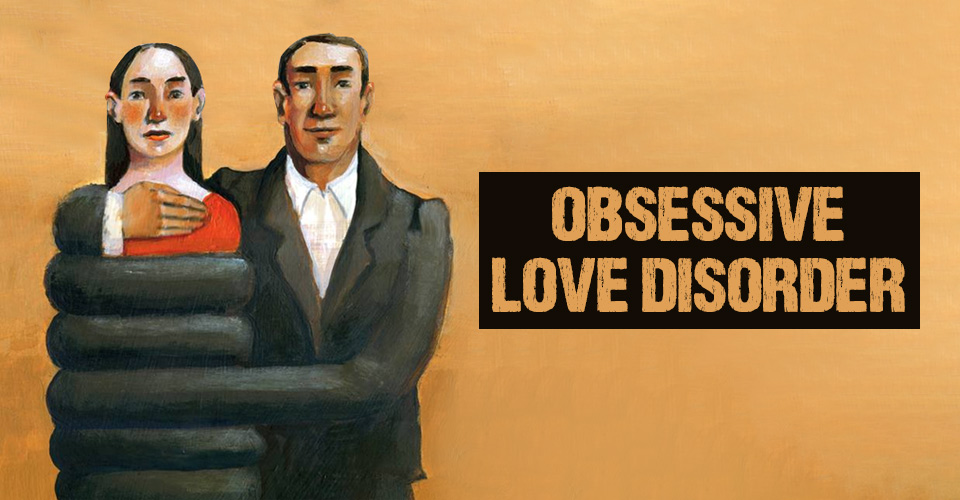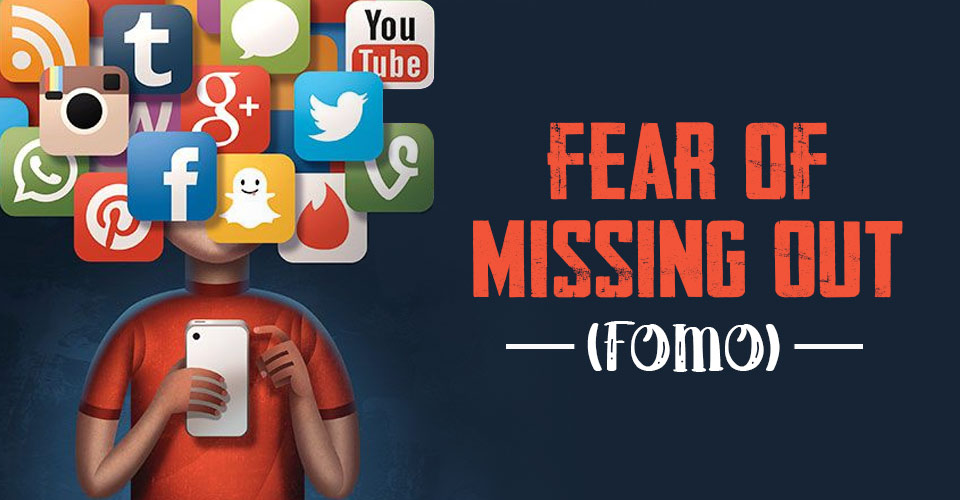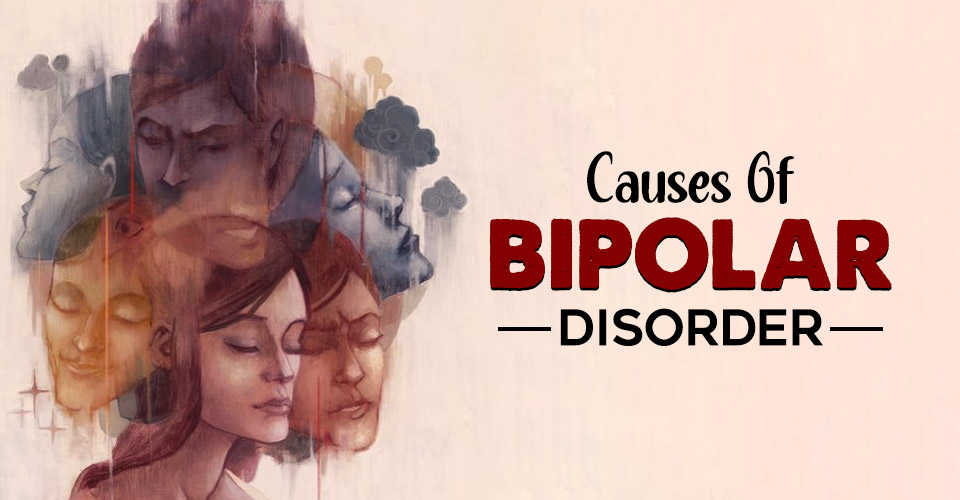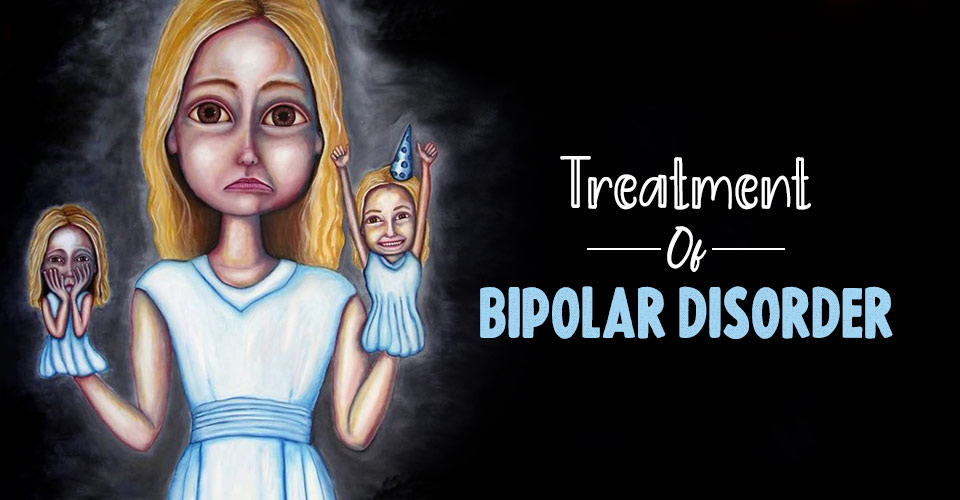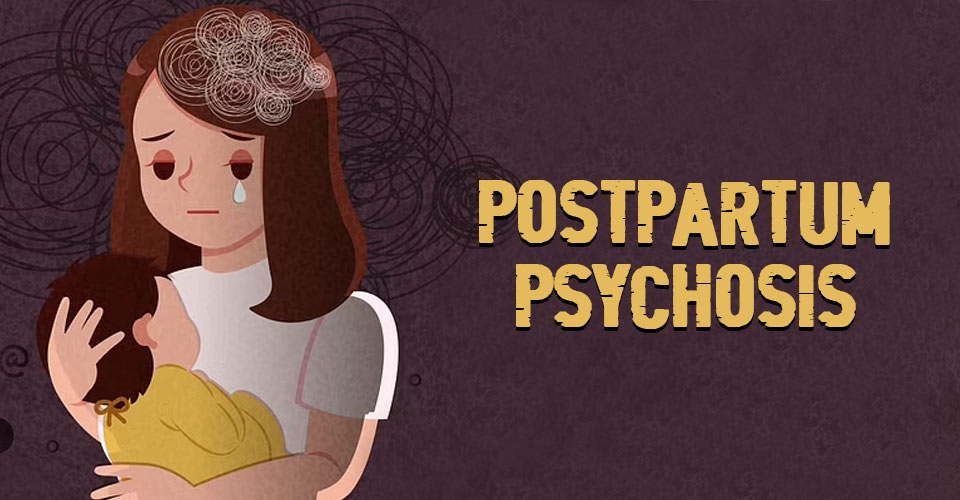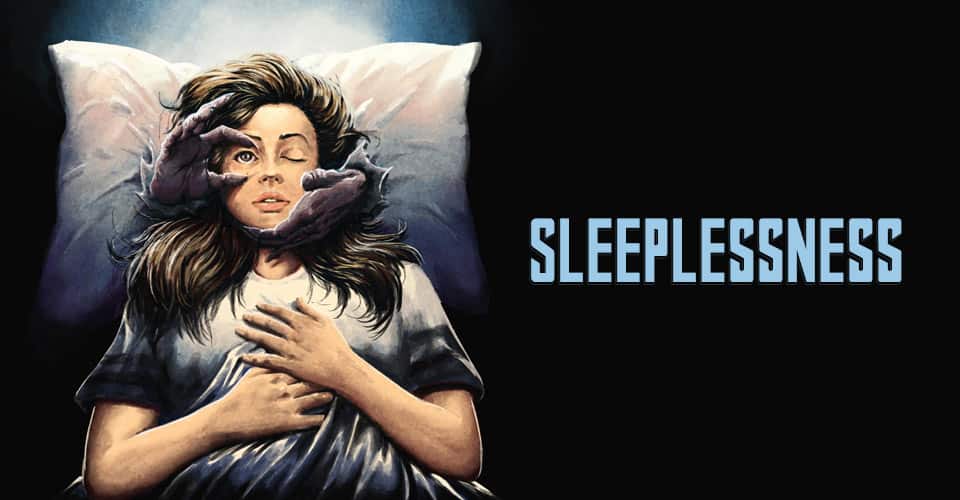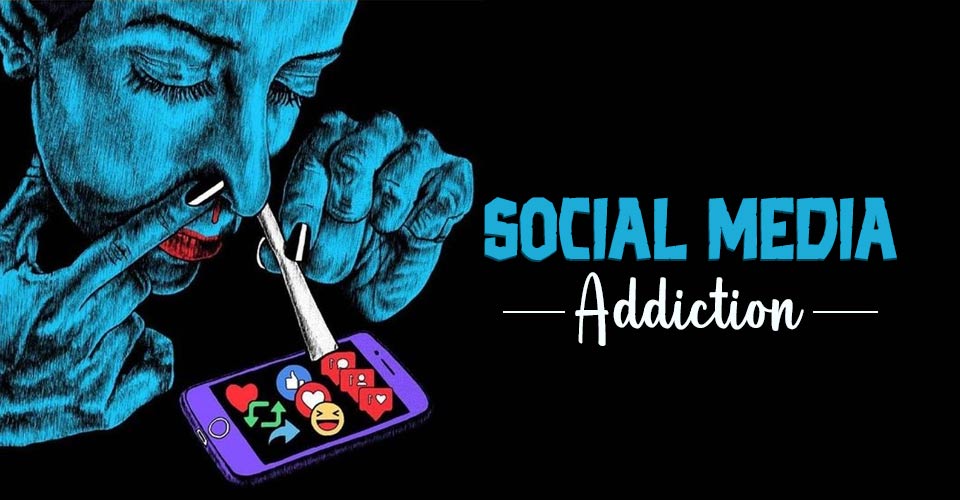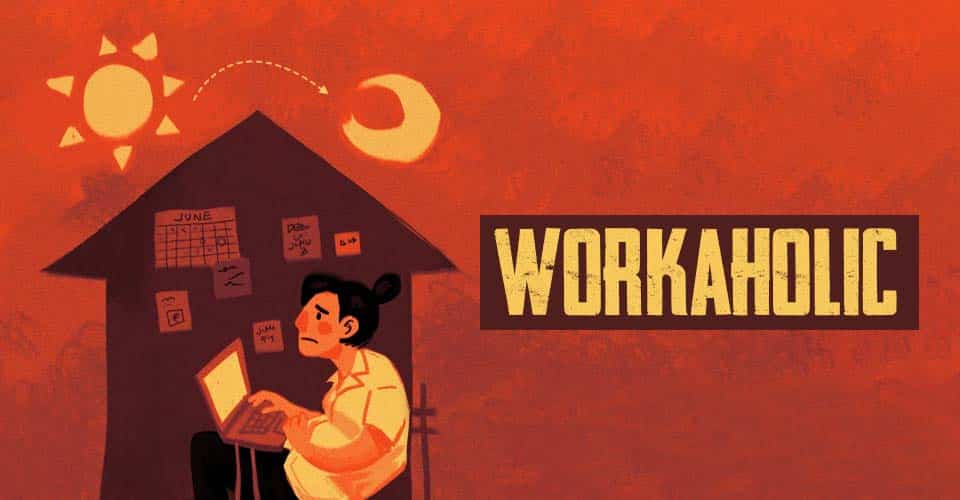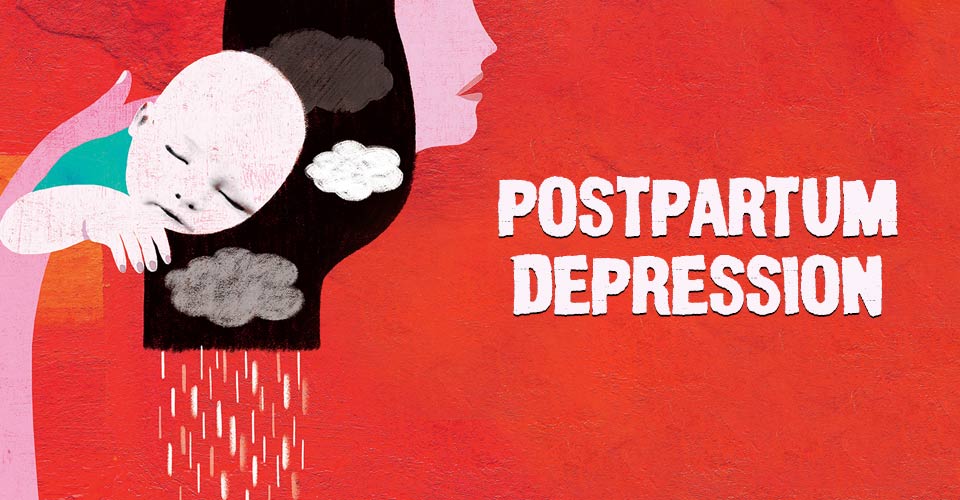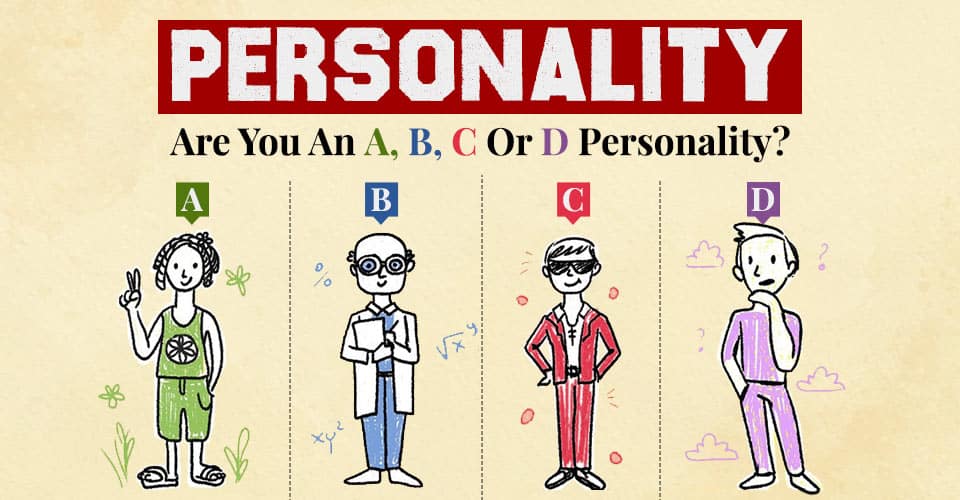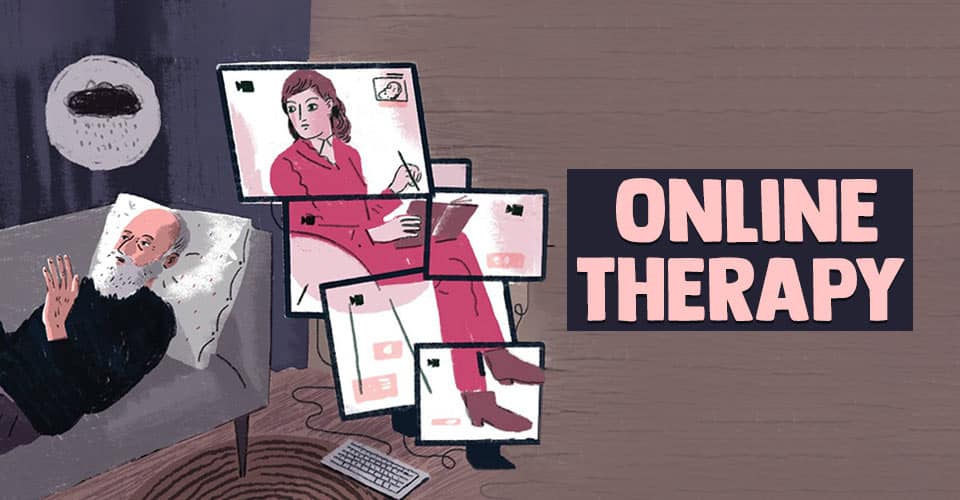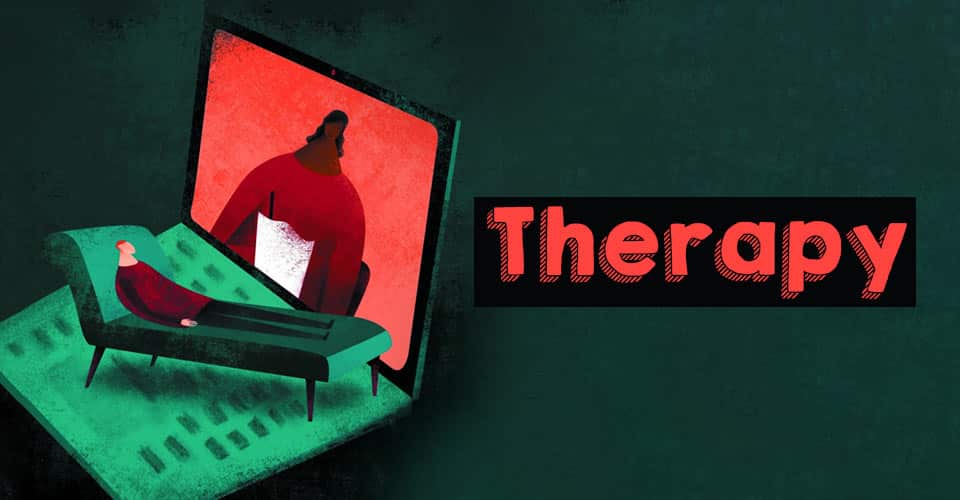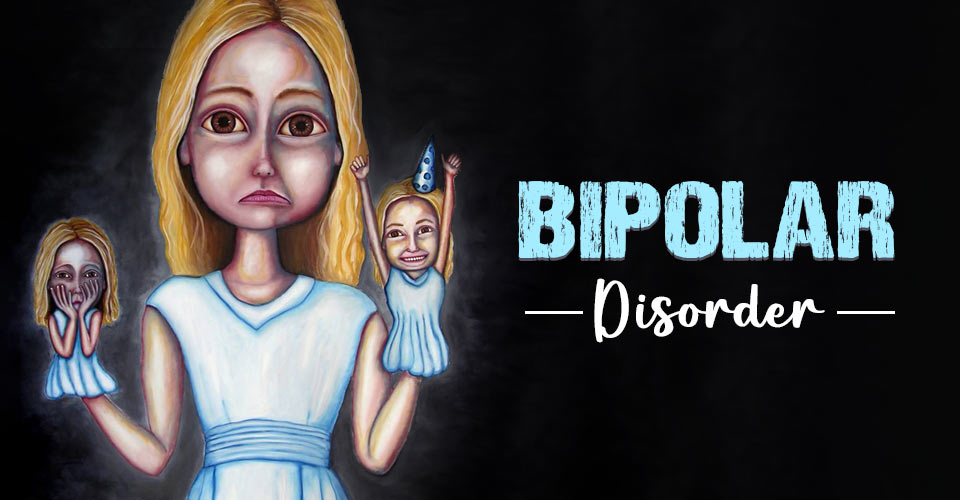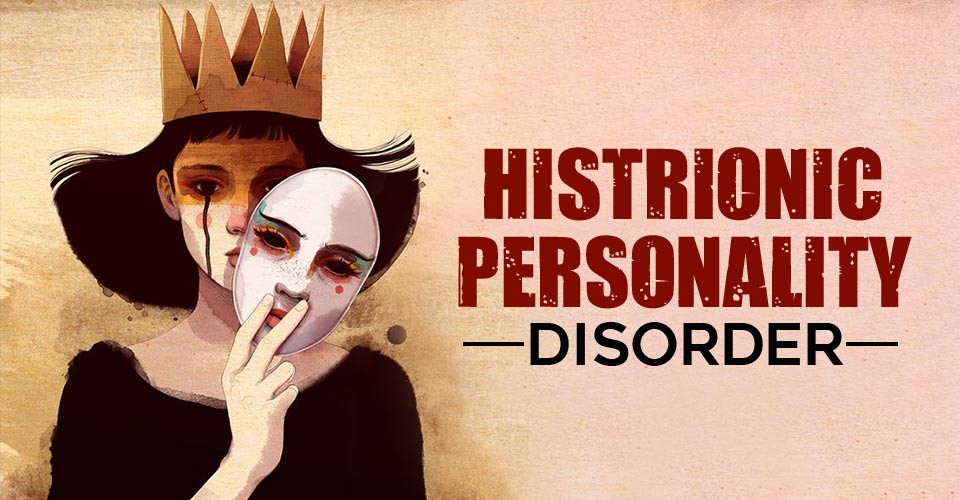Love addiction (LA) popularly means a desperate attempt to find someone to love or be in an intimate relationship. It is fuelled by an obsessional romantic interest and irrational fear of abandonment or loneliness. It is also called pathological love.
What Is Love Addiction?
Love addiction can be considered an immature and destructive form of love that usually involves problematic “out-of-control” behaviors, has severe effects on a person’s daily life and results in adverse consequences 1 Sussman, S. (2010). Love Addiction: Definition, Etiology, Treatment. Sexual Addiction & Compulsivity, 17(1), 31–45. https://doi.org/10.1080/10720161003604095 .
It is characterized by craving, pathological jealousy, insecurity, and excessive obsession with one’s love interest or intimate partner.
Though it has officially not been recognized as a mental disorder, research has found that love addiction shares a pathology similar to other kinds of addiction and substance abuse disorders.
Read More About Addiction Here
Love addiction has been studied from various perspectives and has been associated with behavioral addictions, impulse-control disorders, disorders in the obsessive-compulsive spectrum, and mood disorders 2 Sanches, M., & John, V. P. (2019). Treatment of love addiction: Current status and perspectives. The European Journal of Psychiatry, 33(1), 38–44. https://doi.org/10.1016/j.ejpsy.2018.07.002 .
Case Example
Taran was in his early thirties when he first consulted a psychologist to deal with a breakup. As the sessions progressed, he revealed that he had been in five serious relationships in the last 10 years. However, most of them had been dissatisfactory, to say the least.
According to Taran, being in a relationship meant that his partner was his priority at all times. He, in turn, expected them to spend most of their time with him.
He was always changing himself and his goals to suit his partners but would never receive the attention that he wanted from them. This acted as fuel for his insecurity and possessiveness.
Taran habitually checked his partners’ phones out of suspicion and kept a track of their whereabouts. Such behavior often led to arguments and eventually drove his partners away, leaving him devastated. However, it would not take him very long to find another person to fill the void.
Romantic relationships defined Taran; he stated that it was impossible for him to live without a partner. Taran’s thoughts and behaviors suggested to his therapist that he might be addicted to the idea of love.
Signs Of Love Addiction
Let us take a closer look at the common symptoms of love addiction 3 Reynaud, M., Karila, L., Blecha, L., & Benyamina, A. (2010). Is love passion an addictive disorder?. The American journal of drug and alcohol abuse, 36(5), 261–267. https://doi.org/10.3109/00952990.2010.495183 which include:
- Being anxious about being abandoned by your partner
- Having obsessive thoughts about your partner or love interest
- Connecting your life purpose and happiness with your partner
- Constantly craving and searching for a romantic relationship
- Engaging in maladaptive behaviors to express love
- Experiencing significant distress and malfunction in romantic relationships
- Having mood and sleep disturbances when separated from partner
- Using sex and other tactics for manipulation to hold on to a love interest
- Relapsing into prior abusive or painful relationships
A person with love addiction may not have all of these symptoms. However, what mainly defines a love addict is their constant need for a romantic companion.
Withdrawal From Love Addiction
People suffering from love addiction also experience withdrawal symptoms in the absence of their partner or the person they are attracted to. Studies show that they can ‘relapse’ into love, just as addicts with substance use disorders or gambling disorders do.
The common love addiction withdrawal symptoms 4 Redcay, A., & Simonetti, C. (2018). Criteria for Love and Relationship Addiction: Distinguishing Love Addiction from Other Substance and Behavioral Addictions. Sexual Addiction & Compulsivity, 25(1), 80–95. https://doi.org/10.1080/10720162.2017.1403984 include:
- Mood swings
- Panic attacks
- Feeling restless or on edge
- Irritability
- Lethargy
- Lack of interest in activities
- Irregular sleep patterns (like sleeplessness, insomnia, etc.)
- Disordered eating (like loss of appetite, binge eating, etc.)
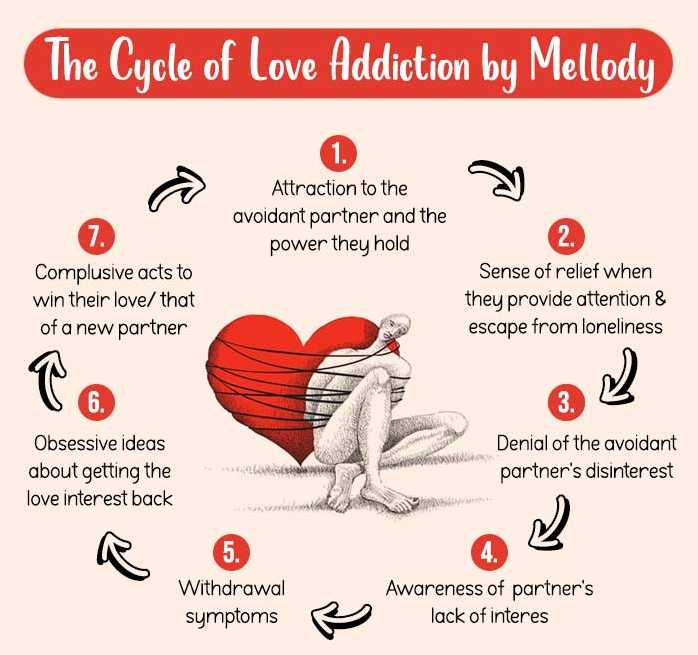
What Causes Love Addiction?
Love addiction can stem from both genetic and environmental influences. Some of the prominent causes of love addiction symptoms include:
1. Low serotonin and dopamine levels
Researchers suggest that a decrease in the levels of neurotransmitters that are responsible for our feelings of pleasure (eg: serotonin and dopamine 5 Fisher, H., Aron, A., & Brown, L. L. (2005). Romantic love: an fMRI study of a neural mechanism for mate choice. The Journal of comparative neurology, 493(1), 58–62. https://doi.org/10.1002/cne.20772 ) can drive a person to constantly look for someone to satisfy their need to be loved and regularly change romantic partners.
2. Childhood attachment
Attachment styles developed during childhood are a strong predictor of our behavior in romantic relationships 6 Sussman, S. (2010). Love Addiction: Definition, Etiology, Treatment. Sexual Addiction & Compulsivity, 17(1), 31–45. https://doi.org/10.1080/10720161003604095 . Research over time has shown that people with anxious-ambivalent attachment styles are more likely to develop patterns consistent with love addiction. These can begin during teenage years and continue well into adulthood.
3. Media exposure
Apart from neurobiological and emotional factors, certain social precipitators can also lead to the development of love addiction. One of the most prominent among these is exposure to television shows, pop songs, movies, and social media channels that promote unhealthy forms of love 7 Crazy About You: Reflections on the Meanings of Contemporary Teen Pop Music. (n.d.). Sociology.lightningpath.org. Available from: https://sociology.lightningpath.org/ejs-archives/vol006.002/vannini_myers.html . Impressionable youngsters can often use these representations as ideals to be reproduced and eventually develop an addiction to love.
4. Other factors
Love addiction can develop due to several other psychosocial causes such as:
- Low self-esteem and confidence
- Parental abandonment, abuse, or neglect
- Loss of a loved one
- History of chronic dependency, autophobia, etc.
Diagnosis Of Love Addiction
Love addiction is not classified as a mental disorder in known psychiatric manuals such as the Diagnostic and Statistical Manual of Mental Disorders (DSM) 5 8 Regier, D. A., Kuhl, E. A., & Kupfer, D. J. (2013). The DSM-5: Classification and criteria changes. World psychiatry : official journal of the World Psychiatric Association (WPA), 12(2), 92–98. https://doi.org/10.1002/wps.20050 but has been widely recognized as a condition that mandates help.
Love addiction must be distinguished from other conditions that may present with similar symptoms. These include disorders like
- Mania [Read more]
- Psychosis [Read more]
- Borderline and dependent personality disorders [Read more]
- Erotomania
Mental health professionals (MHPs) usually take a detailed history of the symptoms to make an informed diagnosis. They may also conduct certain assessments to guide the course of treatment. A scale commonly used to assess the degree of healthiness in a relationship and a person’s predominant love and attachment styles is Love Attitudes Scale (LAS) 9 Hendrick, C., Hendrick, S. S., & Dicke, A. (1998). The Love Attitudes Scale: Short Form. Journal of Social and Personal Relationships, 15(2), 147–159. https://doi.org/10.1177/0265407598152001 .
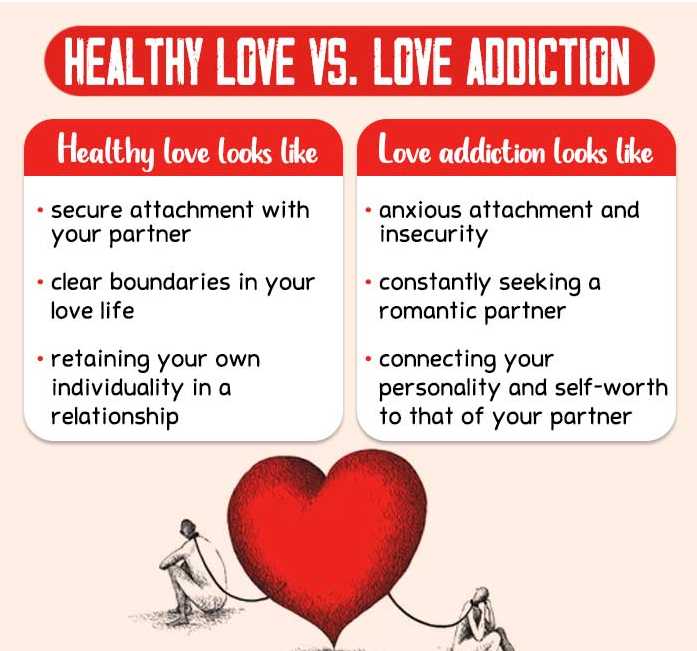
Treatment For Love Addiction
Love addiction treatment methods include both individual and group therapy. Some of the commonly used approaches include 10 Sanches, M., & John, V. P. (2019). Treatment of love addiction: Current status and perspectives. The European Journal of Psychiatry, 33(1), 38–44. https://doi.org/10.1016/j.ejpsy.2018.07.002 :
1. Cognitive-behavioral therapy (CBT)
CBT addresses automatic thoughts and cognitive distortions that serve to maintain love addiction. Experts especially recommend the technique of rational self-counseling to improve self-communication.
Read More About CBT Here
2. Psychodynamic psychotherapy
Psychodynamic psychotherapy usually involves treating unaddressed childhood trauma and disturbances in attachment during early childhood, as well as helping the patient develop healthy attachment styles.
3. Motivational therapy
Motivational therapy, especially motivational enhancement therapy (MET), is an addiction treatment technique focused on guiding addicts to accept their condition and pursue love addiction recovery.
4. Group interventions
Self-help support groups 11 Birchard, T., & Benfield, J. (2017). Routledge International Handbook of Sexual Addiction. Routledge. Available from: https://www.taylorfrancis.com/chapters/edit/10.4324/9781315639512-16/importance-group-psychotherapy-sex-love-addiction-recovery-eric-griffin-shelley or group therapies help a person address the shame, stigma, and secrecy that surround basic needs like love and sex. Such group settings provide a safe environment to facilitate self-reflection and open conversations about intimacy and affection. Research shows that such group interventions present excellent opportunities for:
- Maturation
- Developing intimacy skills
- Reducing isolation
- Experiencing healthy vulnerability
- Having cathartic and corrective emotional encounters, etc.
For instance, several 12-Step groups are available in countries like the US, the UK, etc. for the treatment of love addiction, although most of them also address the treatment of sex addiction.
How To Overcome Love Addiction
Professional help often goes a long way, however certain self-help strategies can help you practice healthy love and prevent you from relapsing into love addiction.
Consider the following measures for coping with love addiction:
- Rationally evaluate your intimate relationships and problematic attachment styles.
- Expose yourself to examples of healthy love in order to develop a realistic perspective of giving, receiving, and sustaining love.
- Engage in interests and hobbies that do not involve your partner or love interest but you can enjoy alone. This can include playing a sport, reading, watching a show, hiking, etc.
- If you find yourself jumping from one partner to another, try to take a break from romantic relationships, even of a casual nature.
- Invest in self-growth and try developing your own unique identity. Try to look for qualities that define you and make you unique.
- Try to confide and spend time with other friends.
- Do not hesitate to seek therapy and group support for coping with emotional distress and learning to effectively regulate emotions in the future.
Takeaway
Getting over any kind of addiction is always challenging. Experts 12 Earp, B. D., Wudarczyk, O. A., Foddy, B., & Savulescu, J. (2017). Addicted to love: What is love addiction and when should it be treated?. Philosophy, psychiatry, & psychology : PPP, 24(1), 77–92. https://doi.org/10.1353/ppp.2017.0011 say that we all are practically addicted to love, although the degree may differ. Even though substance dependence and romantic bonding have much in common, it is possible to recover from this addiction with appropriate help, determination, and practice.
At A Glance
- Love addiction (LA) is a mental health condition characterized by the obsessive need to love someone or be in a romantic relationship.
- It is also known as pathological love.
- People facing love addiction tend to experience symptoms related to addictive disorders (like euphoria, craving, withdrawal, etc.)
- LA can be caused by several biological and psychosocial factors.
- If untreated, this disorder can disrupt your personal, professional, and social relationships.
- LA can be easily addressed with several therapies and self-help coping strategies.
Frequently Asked Questions (FAQs)
1. Is love addiction real?
People with love addiction often experience symptoms akin to addictive disorders like euphoria, cravings, dependency, withdrawal, etc. Therefore, love addiction is an actual mental health condition.
2. Is love addiction a mental illness?
Love addiction is not classified as a mental illness in psychiatric manuals and is yet to be recognized as a mental disorder. But it has been recognized as a clinical condition requiring professional help.
3. How can you overcome love addiction?
Therapy, self-reflection, and healthy self-help coping strategies can help you overcome love addiction.

